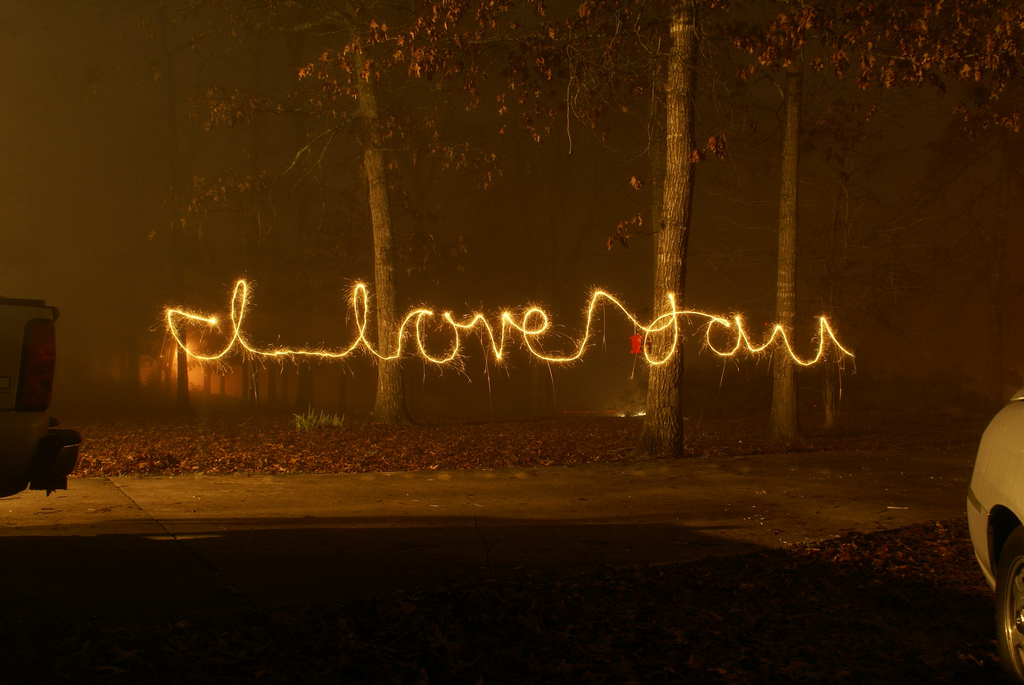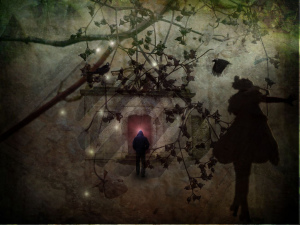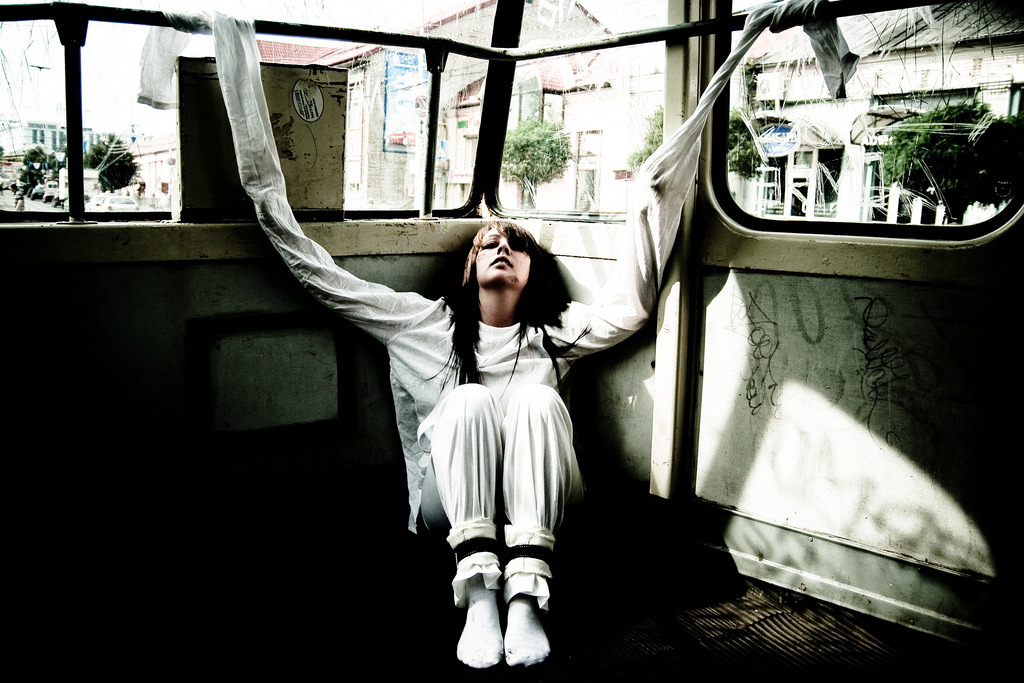 I have been fortunate in my life to have been challenged by many people along the way. This story is an example of such a challenge.
I have been fortunate in my life to have been challenged by many people along the way. This story is an example of such a challenge.
This is a conversation I had with a conservative Christian woman who was slightly older than I am. It began as a group conversation about the checkered history of Christianity, to which I was offering factual accounts of atrocities created during that history.
The woman walked up to me afterward and said, “I’d really like to continue our conversation. You kind of peeved me a little bit.”
I’m pretty used to that reaction, so it no longer offends me. “How so? If I may ask.”
“Well, you seem to quickly point out the evils of Christianity, but you don’t mention that all religions have such issues in their history. Why not talk about that?”
Without wanting to get into a much deeper discussions of why it seems all religions have such a tortured past, I stuck to the subject at hand.
“I don’t believe that’s true. I don’t seem to remember much history of Buddhist atrocities, or of Buddhism’s evil side. I haven’t read where there were Buddhist inquisitions, or Buddhist crusades, or forced subjugation of people by Buddhists. It may be there, but have you ever heard of any?”
“No, I haven’t. But give it time, Buddhism isn’t that old.”
I kind of blinked strangely at that comment, and she must have seen it.
“Right?” she added.
“Actually, it may surprise you to find out that Buddhism is about 500 years older than Christianity. And it’s killed far fewer people. In fact, the vast majority of people who have died because of Buddhism have died because their Buddhist.”
“Oh, I didn’t know that.”
“Check it out if you want, but I think you’ll find it’s true.”
“Ok, so let’s go with that. I can also say with some certainty that Buddhism doesn’t contribute to society. At least Christianity does that.”
“Can I ask you some questions,” I went on. ” and would you answer honestly? Keep in mind that I am not asking questions to compare Buddhism to Christianity, but rather want to see if Buddhism contributes to society.”
“Yes, ok, go ahead.”
So, I asked her how many people Buddhist monks have murdered, or of people who have been murdered in the name of Buddhism.
She replied, “none to my knowledge.”
Then I asked how many nations Tibet has invaded.
She said “none.”
So I then asked her how many Buddhists the Dali Lama has ordered to attack non-believers.
She said “none to my knowledge.”
“Then haven’t Buddhists contributed something to society? Isn’t peace something we all can contribute?”
It appeared she had no choice but to say “I guess so.”
Not satisfied with this end, she then started with the clarifiers. You know, the “contributions I mean are jobs, money, income, wealth, prosperity.”
“Can you take money with you to heaven when you die?” I replied.
“No.”
“Can you take your house, your car, or your TV with you when you die?”
“No.”
“Can you take any part of your wealth with you when you pass on?”
“Nope.”
“Can you take peace with you?”
“Yes, I hope so.”
“Then isn’t the very thing that Buddhist monks contribute to society the ONLY thing you can take with you to heaven?”
She again seemed to have no choice but to agree.
“Does it seem strange to you that the very place your faith says you can take peace but not wealth is called “paradise”? Doesn’t it seem ironic to some degree that the Master you believe is the Son of God is also called the ‘Prince of Peace’ and not the ‘Prince of Job Creation’ or the ‘Prince of Sound Finance’?”
She then put her hand on my shoulder, said “thank you” and walked away. I’m not sure what, if any, effect the conversation had on her, but it seemed to confirm in me what I’ve seen since my earliest memory. Peace is the answer, and love is the way to peace.
We all have our own personal Bodhi trees, and for me mine has been the many times I’ve sat simply watching. Watching others. But mostly watching myself. Watching myself in moments of suffering. Watching myself in moments of ecstasy, or regret, or sorrow, or joy. Watching myself when I am challenged and when I am not.
It isn’t easy being a human, or another other physical being on this planet. Yet it can be. We just have to set our sights on that star of Peace and Love and hold our course even when the wild winds blow and the waves try to crack our hulls. We can…
So maybe we need to consider something taught as a matter of life by even the lowliest of Buddhist monks. It we can’t take it with us in our passing it really doesn’t matter. If we can’t hold on to it when we close our eyes for the last time perhaps it isn’t worth holding on to beforehand. Perhaps we have been taught incorrectly, and perhaps each of us, if we listen, can change.









